TRIMRS
|
LBPHD works with the Tri-Cities Medical Response System (TRIMRS), to help to strengthen emergency response through collaboration. Central District Health Department serves as the coordinator for the Tri-Cities Medical Response System. As the Coordinator, CDHD writes and facilitates community-wide disaster drills and table-top exercises. CDHD helps hospitals, clinics, and community organizations form new partnerships that can work together to respond to disasters and be prepared for emergencies. Healthcare coalitions were established across the United States to bring healthcare organizations and their response partners together to jointly prepare for disasters and public health emergencies that threaten to overwhelm the capability and the capacity of the medical community to respond. They are funded by the Department of Health and Human Services through the National Bioterrorism Hospital Preparedness Program. Healthcare coalitions consist of healthcare organizations, health departments, emergency managers, medical response, and public safety partners that all have one goal. That goal is to ensure that their communities are safer, healthier, and more resilient. Loup Basin Public Health Department is part of the Tri-Cities Medical Response System (TRIMRS) Healthcare Coalition. TRIMRS is one of seven healthcare coalitions in Nebraska. The TRIMRS region covers 23 counties, over 2,500 square miles, four health departments, 18 hospitals, 25 emergency managers, and 500,000 residents. |

Matt Larson Healthcare Coalition Coordinator 402.469.2138/ mattlarsontrimrs@gmail.com |
Hospitals and other medical response agencies may wish to contact TRIMRS regarding:
|
Hospitals should contact their local public health departments in the following situations:
|
Public Health can also provide the following resources:
|
|
|
Program Manager: Catie Larsen | 308-346-3006 | clarsen@lbphd.ne.gov |
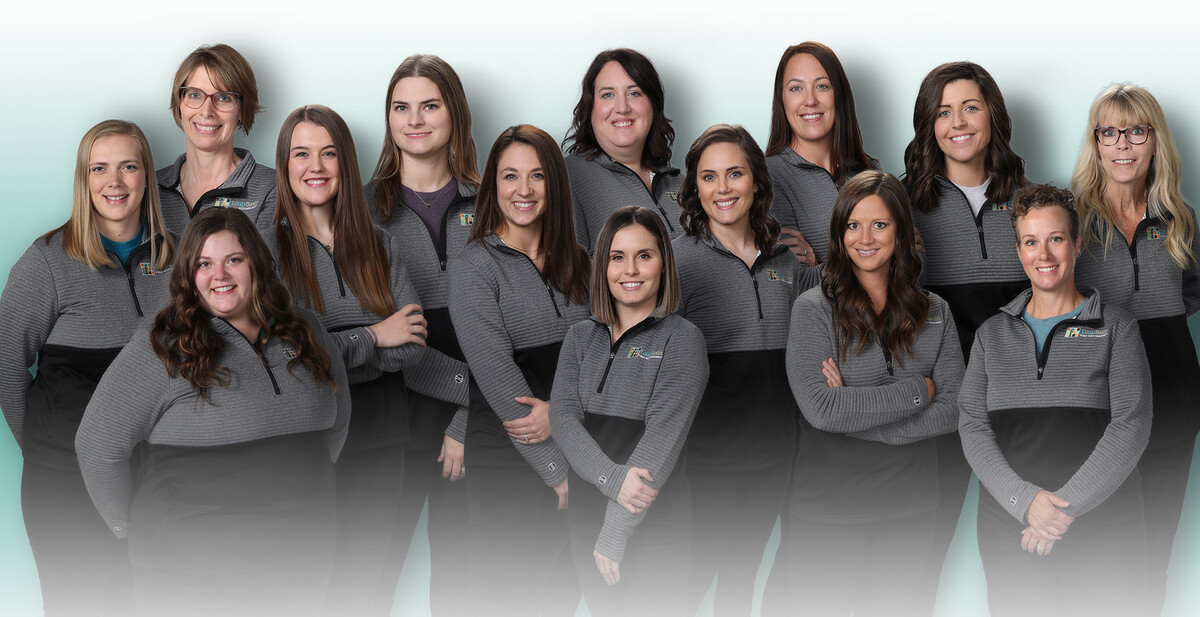
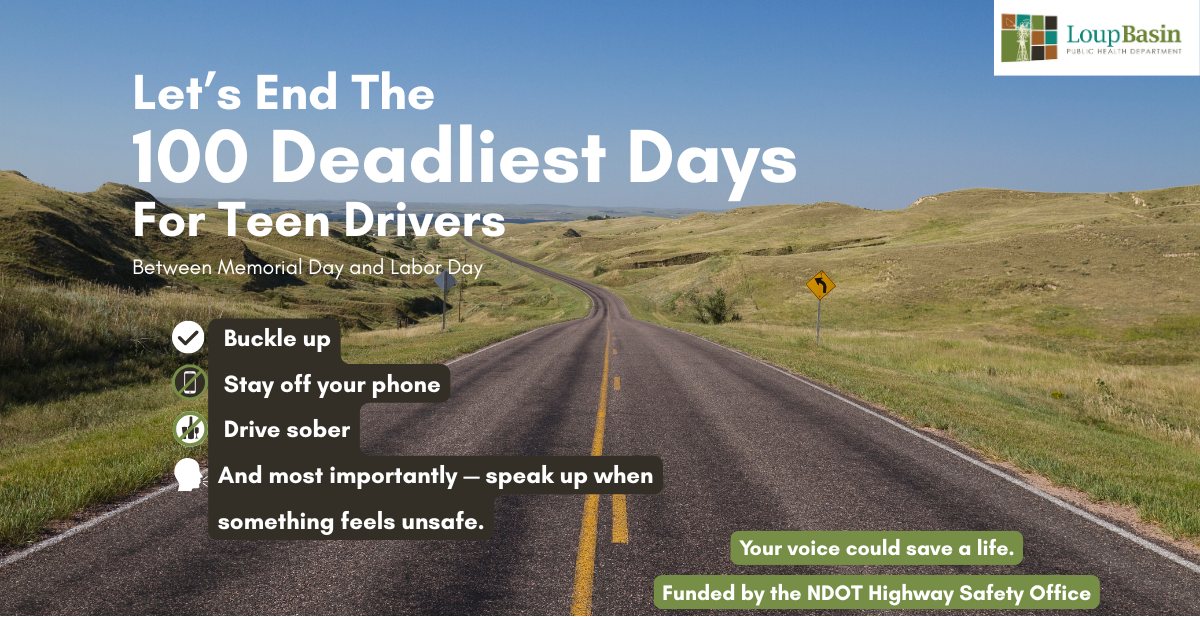
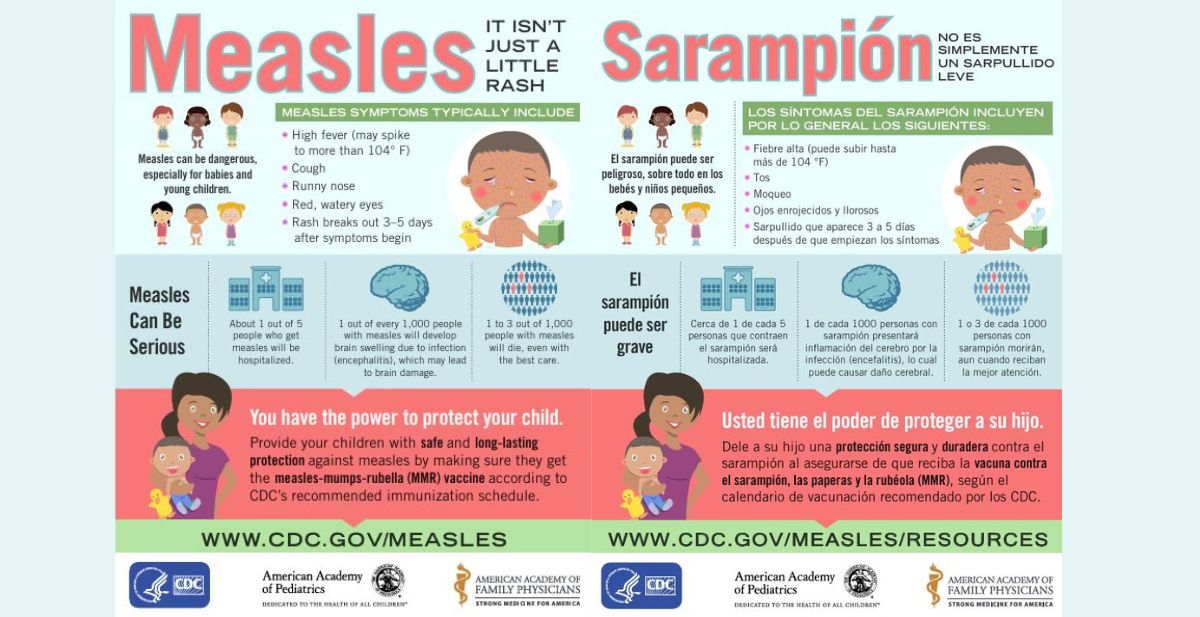
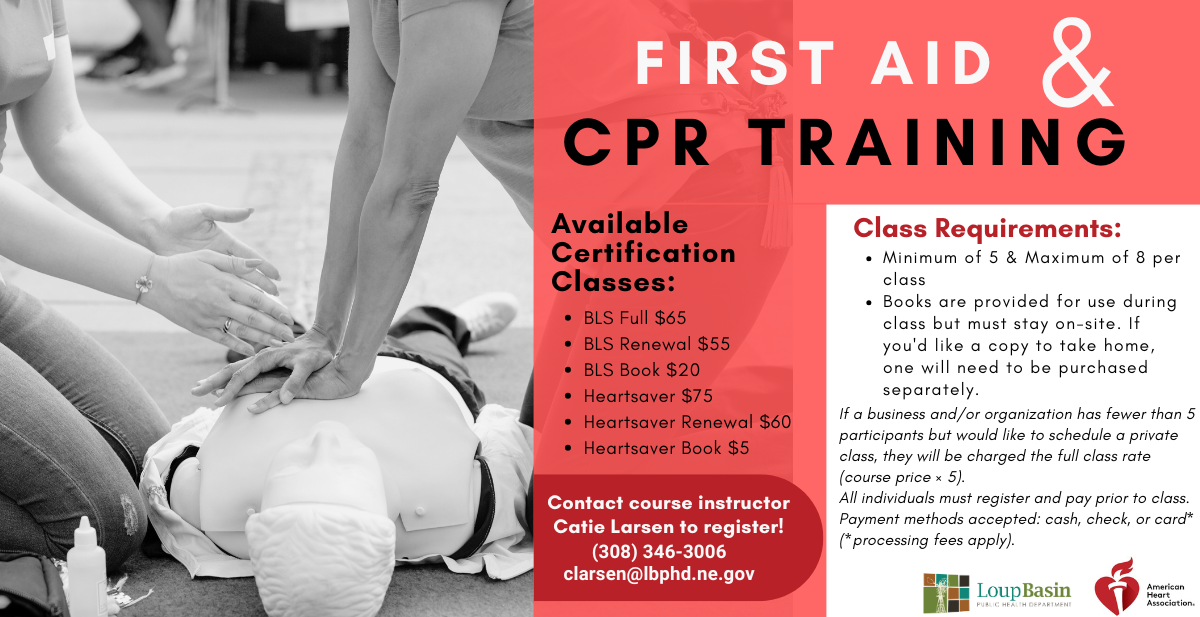
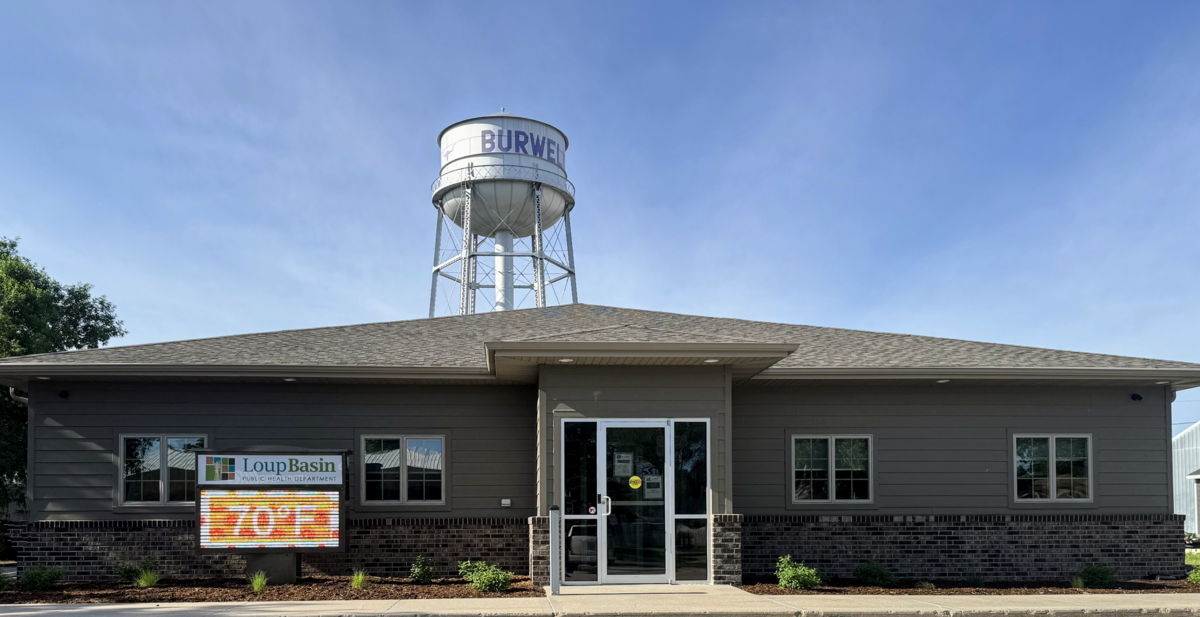


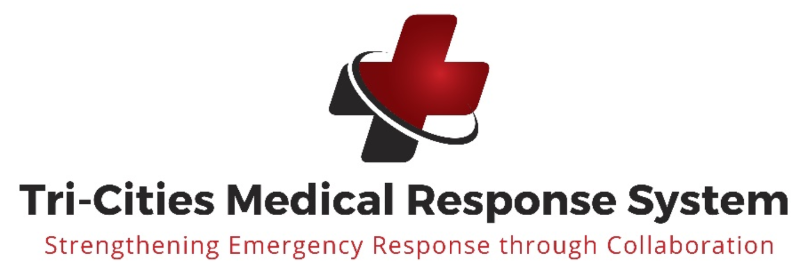 Launch the media gallery 1 player - media #1
Launch the media gallery 1 player - media #1